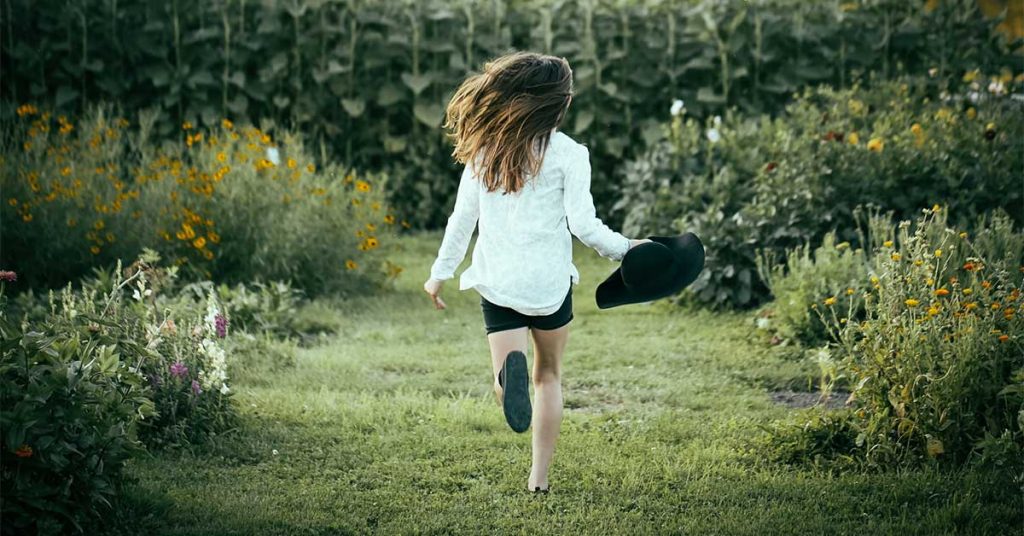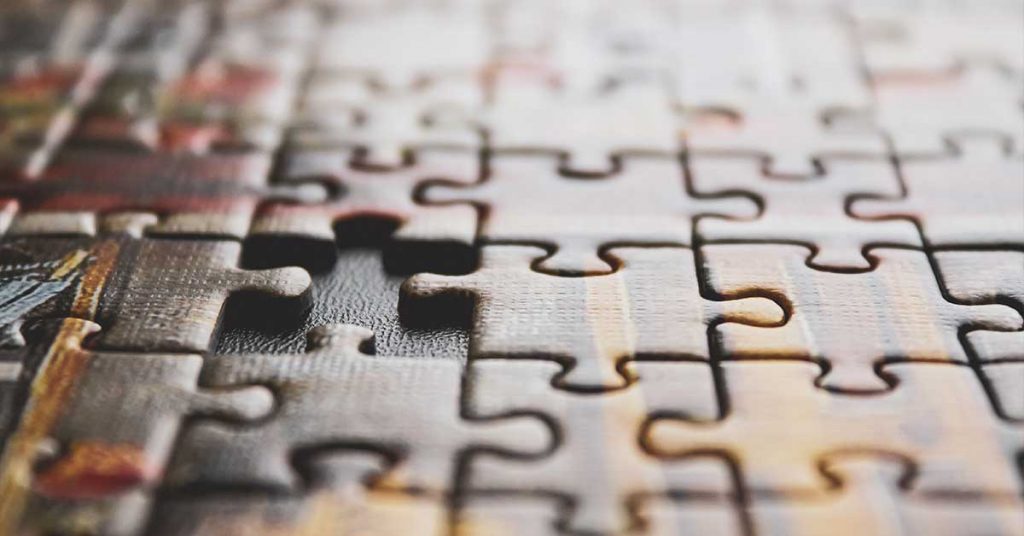This was a question asked by Vicomte de Valmont (played by John Malkovich) in the movie Dangerous Liaisons, a 1988 American period romance based on a 1782 French novel.
A question asked in the 18th century by a French novelist – and yet, it remains prevalent and perplexing today.
If you’ve ever experienced unrequited love or been enamoured with a particular person, you might have asked yourself:
Why don’t they like me back?
What’s wrong with me?
I would do anything for them! Doesn’t he or she see that?
Why are they with that other person instead? I have so much more to offer.
We Google, “How to get the guy/gal to notice you or develop feelings for you?”
We devise coincidences; we try to be funnier, gentler, more sophisticated, better dressed in order to catch their attention.
In the process, we lose a part of who we are while we become consumed by the how, what, why of this person.
The irony of this craziness is that in the end it’s not what we are chasing but what we are running away from – the aspects of ourselves that need to be healed and filled by our self-love.

Seeking external validation
The unattainable person we desire appears to have a perceived value that’s somewhat similar to luxury goods. If I own this handbag, or if I drive this car or live in a private apartment, I’ll be happy or be seen as successful by my peers and others. I must be special for this person to choose me above everyone else. When we depend on things or other people to validate who we are, to tell us that we are loveable, what happens when these things are no longer available? What happens when this person stops loving you? Everything that exists outside of us can be taken away in a flash. The golden nugget in this is that, ultimately, we’ll be forced to give this love and approval to ourselves when they are not forthcoming from the outside world.
Having self love is not being selfish. It is being self-full. It’s about feeling good enough about ourselves, maximising our strengths, fortifying our weaknesses, setting up healthy boundaries; learning how to treat ourselves with respect and kindness, and teaching others how to do the same to us. We can only love others with the same capacity that we love ourselves. If we don’t even feel good enough for ourselves, what good are we for others?
Feeding the ego
We love to win. It’s an undeniable part of the human psyche. However, what is your motivation to win this person over? Subconsciously, you believe that he/she can fill the empty parts of you – the parts that you have yet to learn to fill yourself. Your focus is on feeling better about yourself when you’re with them rather than genuine concern for their welfare or happiness, regardless of how they actually feel about you. You may believe that you have the ability to change this person, to make this person love you because achieving this will finally make you good enough.
When rejected, you make it all about you: “Am I not good enough for them after everything I’ve done for them?” Have you considered that, like you, they, too, have every right to choose who they want to be with? And perhaps the best thing for them is not you and vice versa? Being rejected is not a failure. It’s part of the human experience. More importantly, trying to be someone else in order to win this person’s affection strips you of your authenticity with dire consequences. Sooner or later, they’ll find out who you really are, which is great if they’re especially forgiving. But not so great if they feel completely duped and call you out for deceiving them. Imagine how much more debilitating this would be to the already empty parts of yourself!
Connecting with the old and familiar
Unfortunately, not all of us had perfect childhoods. If, as a child, we had a parent who was emotionally unavailable, it’s likely that we’d seek out people or experiences that will recreate the pain of rejection for us. These are familiar feelings that we’ve learnt to deal with as we grow up. What we strive so hard to achieve from the other person – love, attention, affection, approval – are what we yearn to receive from our parent(s). It’s an unconscious transfer of the feelings we have towards our parents or an important caregiver to another individual.
Our search for such familiar feelings ranges from seeking out feelings of comfort, tenderness and a sense of security to feelings of abandonment, rejection, humiliation and neglect. The painful “old and familiar” show up as opportunities for us to change the way we have been neglecting ourselves. They will show up again and again until we stop running away from them. We can only heal what we can feel. How can it be possible to be in a healthy, loving adult relationship when our inner child is still struggling to win the love of our parents? When we’re able to recognise this, we can begin the healing process by giving our young self the love and acceptance that it deserves.
“Emotional pain cannot kill you, but running away from it can.
Allow. Embrace. Let yourself feel. Let yourself heal.”
~ Vironika Tugaleva
Commit to owning our S#*t
We attract or are attracted to people who ignore us NOT because they highlight how we are unworthy or unlovable. On the contrary, they mirror the parts of ourselves that we don’t love, the gaps that we expect others to fill for us.
Nobody can do this heavy lifting and hard work of filling these gaps for us. Each of us is like a jigsaw puzzle with individual pieces that are meant to connect to form our unique self. A jigsaw with missing pieces will never feel finished or complete. And it’s impossible to take a piece that belongs to someone else and expects it to complete our picture. It wouldn’t fit quite right, would it?
Dedicate yourself to the quest of finding your pieces and living your best life while doing it.
“Life is a daring adventure or nothing at all.”
~ Helen Keller
Fill your life with passions and adventures that feed your soul, instead of solely seeking romantic love to be the barometer of your happiness. When you start to see and value your true worth and learn to be less reliant on others to be a band aid for your wounds, you’ll be more alive and attractive, more ready and open to love.
The best time to begin developing a more positive relationship with yourself is now. Meet Carita Wong, our Life & Wellness Coach, who will help you facilitate your journey towards self-discovery. Learn more.
All images from Unsplash.

